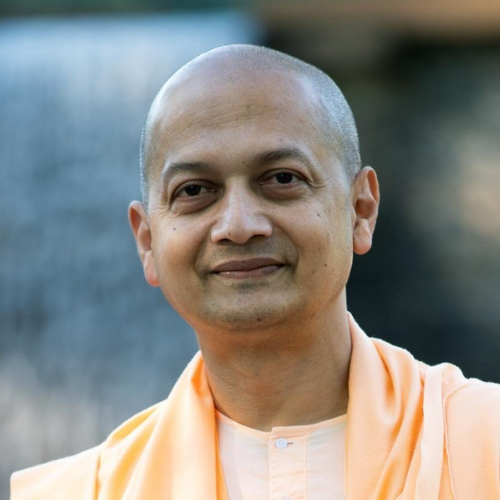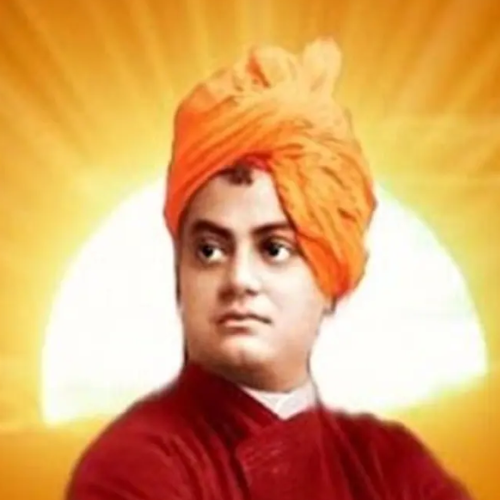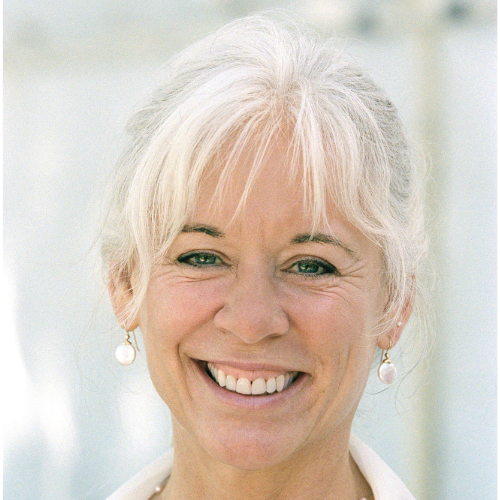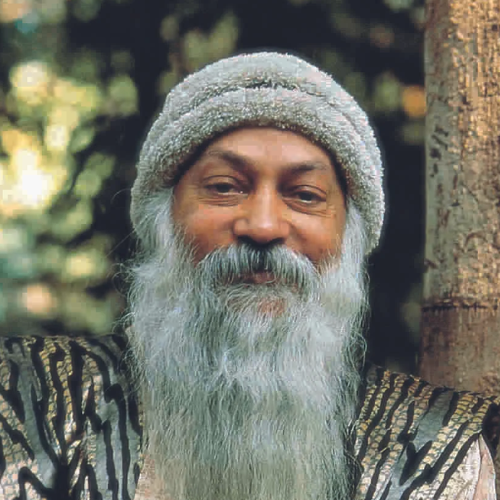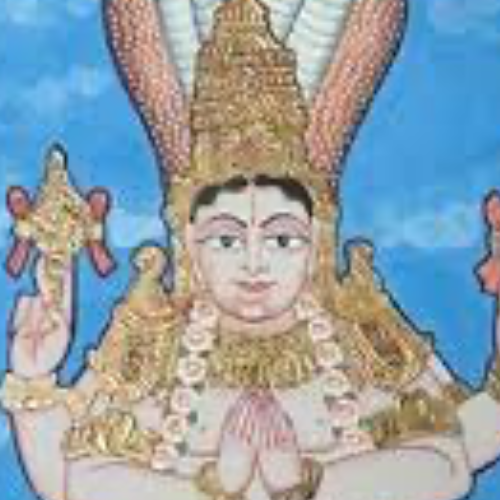What is the real Self? The waking self was not there in the dream. The self in the dream which experienced so many things is not there in the waking … Yet there is something common: you cannot deny that you experience the waking world, you cannot deny that you experience the dream world.
Body-mind appearances appear in you, the consciousness, and they disappear within you. You, the consciousness, are the experiencer but ever unaffected.
It’s not that you are peaceful; you are peace itself.
You are ever the witness, never the witnessed; ever the subject, never an object.
Vedanta is talking about you. Your own reality. The Atman means the Self itself. Who am I? What am I? Right here, right now. Not a journey in space. Not a journey in time. Not a journey from one reality to another … Vedanta is not even a journey from one object to another.
What is Vedanta? It is the source of spiritual knowledge called the Upanishads … In a secondary sense, the texts themselves are called Vedanta. In a primary sense, the spiritual knowledge that we get from the Upanishads is Vedanta … If there is one text that is associated with Hinduism, it is the Bhagavad Gita … The Bhagavad Gita is basically the essence of the teachings of the Upanishads … These three—the Upanishads, the Bhagavad Gita, the Brahma Sutras—are together called the triple canon or the triple foundation of Vedanta.
Once you walk through these doors, and you look back upon the world and see it as your Self shining forth, the work is done.
The spiritual journey of Vedanta is not a journey in space. It’s not a journey from one place to another … Vedanta is not a journey in time. You are not waiting for something to happen … Vedanta is not there. It’s not then. It’s here and now.
From an Advaitic point of view, there is freedom, not free will … Advaita says there is freedom—you as Atman are free, but as a limited, individual being you do not have free will.
You are the one which is free of happiness and sadness. You are the one which is the witness of happiness and sadness—witness of their arrival, witness of their stay, witness of their departure.
Advaita Vedanta makes a clear distinction between mind and consciousness on the basis that mind is something that appears to consciousness. Therefore, consciousness is just that which illumines all objects … First-person experience is what consciousness does … From Advaita’s perspective, the definition of experience is ‘consciousness plus object.'
What is Vedanta? Swami Vivekananda would say two things: the divinity within us, and the oneness of existence … Vivekananda used Advaita Vedanta as a foundation for morality. What Swami Vivekananda said was, because it is one reality, if I hurt somebody else, if I cheat somebody else, if I lie to somebody else, I am hurting myself in the deepest sense … Swami Vivekananda has said that he who runs away from the world to meditate and die in a Himalayan cave searching for God has missed the way. He who plunges headlong into the vanities of the world—he too has missed the way. Then what is the way? The way is to spiritualize your everyday life … We should realize ourselves as pure consciousness—Turiya—and everyone and everything as none other than the same Turiya, and live life in peace and fullness and joy. Realize the divinity within yourself and the spiritual oneness of the whole universe. Manifest that divinity in daily life through peace, love, and service to all beings. That is the spiritualization of everyday life.
That thou art. We don’t realize how radical that statement is. It means you are nothing other than God—which means you are not the body, you are not the mind, you are not even this little person. Even more stunning, God is nothing other than you.
You are the witness of all your thoughts, and you are the witness of the absence of your thoughts too.
Vedanta is a vast, vast literature. It’s an ancient tradition, 5000 years back to the Upanishads. And, yet you can describe Advaita Vedanta in one sentence: Tat Tvam Asi (That Thou Art) … ‘That’ meaning that which is worshipped as God, the reality behind this universe. ‘Thou’ meaning you the individual. You and that are the same thing … We investigate these two polarities … The analysis into who am I or what am I, and an analysis into what is God. Then you come to a synthesis: seeing that what is the reality beyond God and beyond individual.
The essence of the teaching is that you are the ultimate reality, and if you would know yourself as that, then all your problems would be solved. You’ll be able to overcome all the sufferings of life … There is no greater adventure in human life, no greater challenge in human life, no greater purpose or goal in human life, than to know this and to realize it in our life.
The secret of enlightenment: When you are enlightened—when you know the absolute, Turiya—it’s not as an object. No, no. You are that. That’s what you realize. You are not a person who realizes the absolute. If you’re a person who says, ‘I know the absolute’ then you do not know. One who knows that it cannot be known as an object, truly knows. You are not a person who lives eternally; you are that eternal existence itself. You are not a person who knows that ultimate reality; you are that knowledge itself. You are not a person who enjoys various kinds of blissful experiences; you are that bliss itself … You are not somebody who has become free; you are freedom itself.
The dreamer, and the dreamed world. The dream takes place entirely in our minds. When you fall asleep, and you forget the waking world. You even forget that you are lying on the bed and sleeping, and you generate a dream. It does not feel like a dream at that time; it feels like another waking experience. You only call it a dream after waking up. In the dream, you exist. You have a body in a dream, you meet people in a dream.
The person is never free. You become free of the person, the person does not become free.
